When I interviewed Richard Farnes in Leeds six years ago about Opera North’s project of performing the complete Ring, he struck me as the most modest conductor I had met or could imagine, with the possible exception of Reginald Goodall, who actually at a deep level wasn’t modest at all. Everything I had heard Farnes conduct had been on the highest level, but none of it had been Wagner. I wasn’t sceptical of his ability to do a complete Ring cycle, just bemused in a general way about the boundless ambition of the work and the unassertiveness of the man who would lead it.
Year by year my highest hopes have been fulfilled, as each of the four parts of the Ring received the best performance that I have heard live for many years, certainly during the present century.
Now, after a rest year, the whole cycle is being performed in various cities, and I chose the second Leeds cycle, partly because of my affection for Leeds Town Hall, partly because I wanted to see it within the shortest period, which was six days. To my everlasting regret I was sabotaged by flu after Die Walküre and had to beat a miserable retreat. There is the consolation, however, that the cycle I saw was being filmed for future streaming, and that BBC Radio 3 will be broadcasting it live in early July.
Though the performances have been consistent in their approach and quality over the years, the casts have varied considerably, partly by design, partly because various singers have matured to the point where they are able to take bigger roles than originally envisaged, or the reverse. This year there are three Wotans, two Brünnhildes, two Siegfrieds, some new to this production, some not. There are two Frickas, the admirable Yvonne Howard in Rheingold, the sensational Susan Bickley in Walküre, the most terrifying dominatrix I have come across in many years. She is also Waltraute in Götterdämmerung, reason by itself to hear that performance. I’m not sure that she is celebrated as one of the greatest singers of our time; she unquestionably is that.
The production remains precisely what it was, and is mainly successful. The first, biggest, negative point in its favour is that it doesn’t impose any concept, or rather ‘concept’, on the work. Its crucial function — laughably old-fashioned to some, a major source of relief to others — is to make the narrative of the Ring as clear as possible. That is uppermost in Farnes’s mind and interpretation too, as he has repeatedly said, sometimes to my dismay mentioning for comparative purposes Tolkien and Harry Potter. Dress has a tendency towards the semi-formal. Women, including Valkyries and Norns, wear evening dresses (their own, so the accompanying booklet tells us). Men wear suits, in Wotan’s case a morning suit. There are no props, which seems to me a mistake. I’d have thought that the ring, Nothung (the sword), and Wotan’s spear should be a bare minimum: for such crucial moments as Wotan’s ripping the ring off Alberich’s finger and then holding it aloft in illicit rapture, an object, not just actions, is required. Similarly with the sword, though that need not lead to the inclusion of an oak tree in which it is buried; and the spear, which Wotan forfeited an eye to gain, and which is perhaps a more important and pervasive symbol than the ring itself.
The elucidating narration is superimposed on the atmosphere-creating images, often merely colours, sometimes flames, water and so forth, which are projected high up behind the orchestra, which properly occupies the stage, with the singers in front. During the Prelude to Rheingold, marvellously played here, though it climaxed too loudly, as it almost always does (Wagner’s loudest direction for it is piano and, more surprisingly, tenderly throughout), we are given and a word or two about the Rhinemaidens and Alberich and a short description of where we are against a background of rushing water — actually, we are at the bottom of the Rhine, where water doesn’t normally rush. Jo Pohlheim’s Alberich (his casting remains consistent to the bitter end) is magnificent, and less a figure of pure evil than usual: a good thing, considering he is, at any rate in Rheingold, more sinned against than sinning. The narration is kept to a bare minimum, sometimes less than that — when characters die all we see is their turning away, not collapsing, and there’s no verbal indication that that has happened.
The casting in both the first two dramas is uniformly excellent, though Robert Hayward almost ran out of voice at the end of Walküre, as he parted from the superb Brünnhilde of Kelly Cae Hogan, a fresh, reckless, appealing singer.
I could go on, but I need to say that Farnes’s conducting justifies all the praise it has received, and that it is now even more confident than it was. His shaping of phrases and then paragraphs and whole acts can only be compared to the supreme Wagnerians, and his care for lovely or telling detail reminded me, again, of Goodall, while his tempi are never too relaxed; his concern for the feeling of a riveting story moving forward is as potent as Furtwängler’s, and it is impossible to say or envisage anything finer than that. Somehow I will have to contain myself while I wait for the second half of this sublime epic.
Got something to add? Join the discussion and comment below.
Get 10 issues for just $10
Subscribe to The Spectator Australia today for the next 10 magazine issues, plus full online access, for just $10.

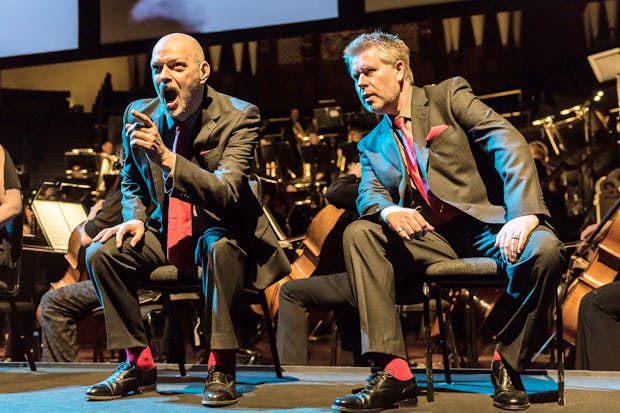
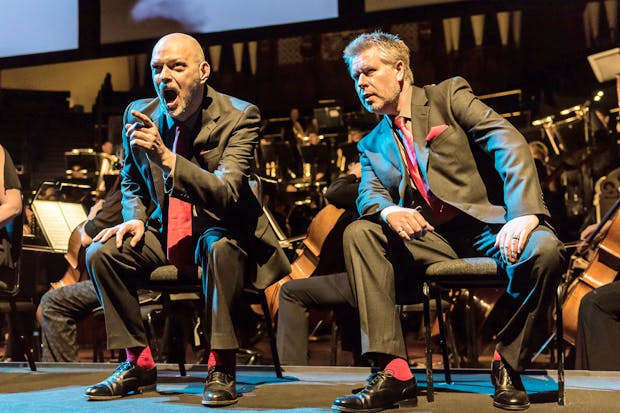

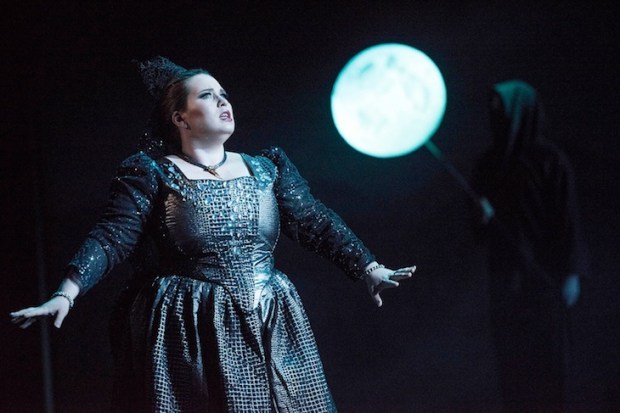
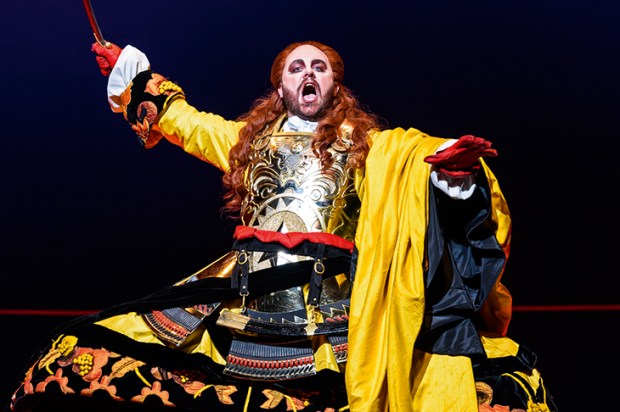
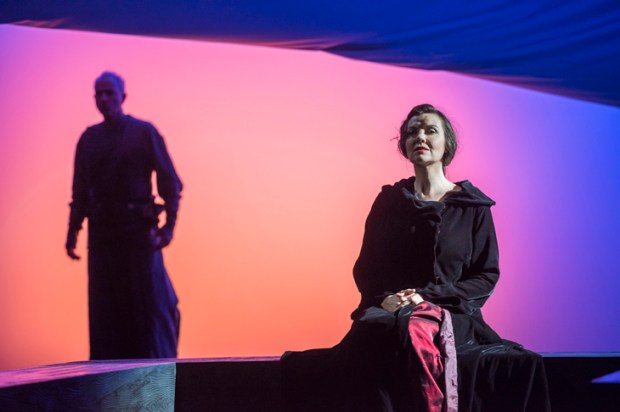
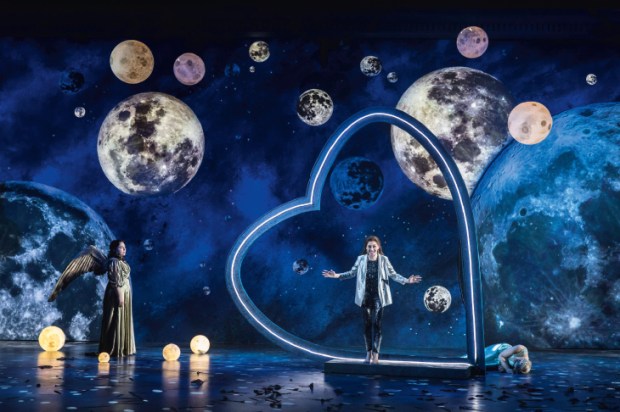






Comments
Don't miss out
Join the conversation with other Spectator Australia readers. Subscribe to leave a comment.
SUBSCRIBEAlready a subscriber? Log in